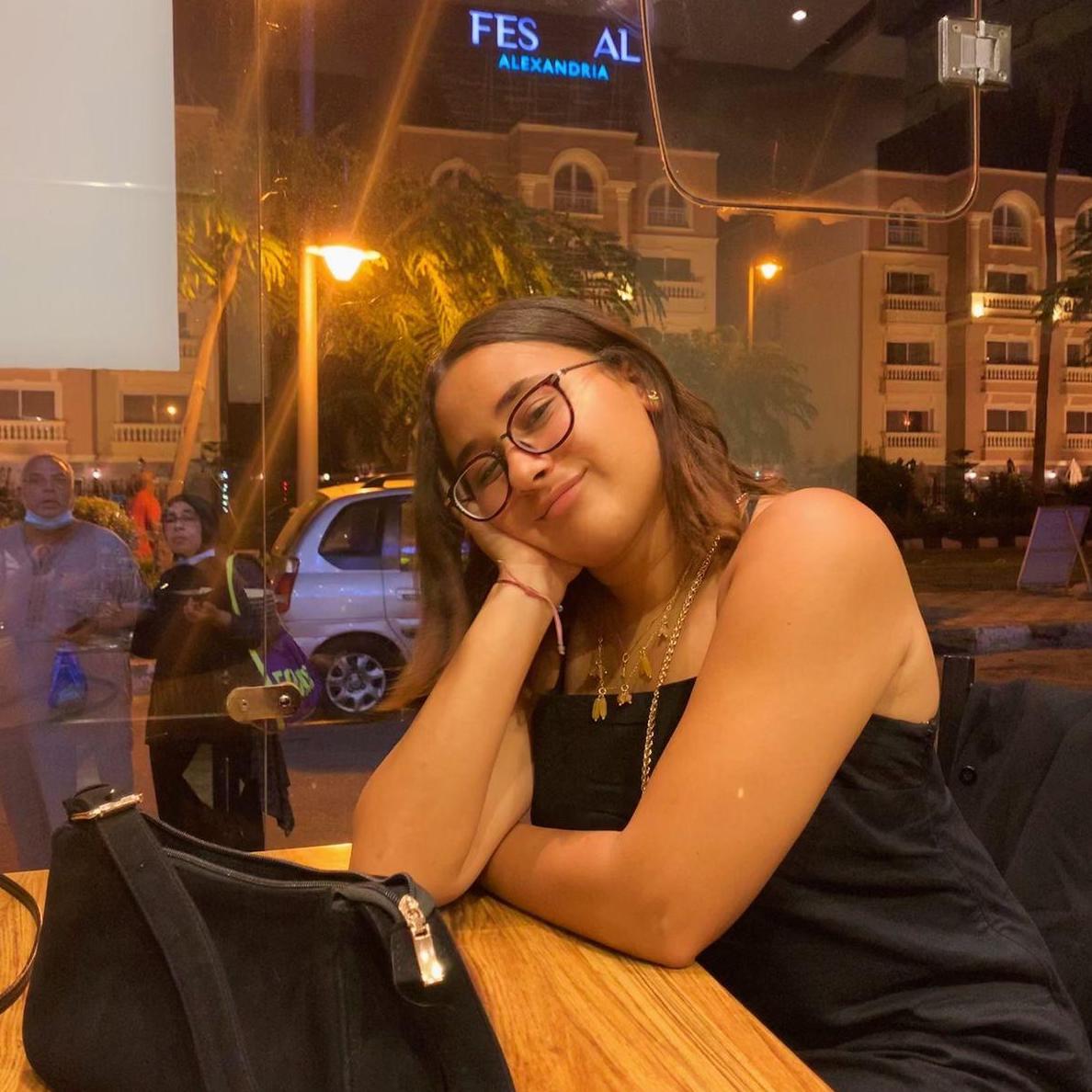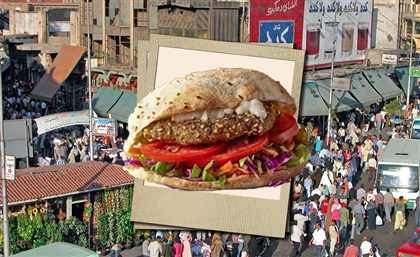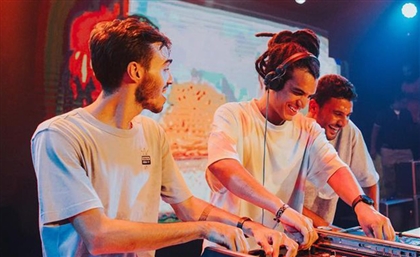Future Farms: An Egyptian Artist’s Fortune Telling of What’s to Come
We’re not going to spoil much, but let’s just say the future of our food comes bearing 674 forms. And a dragon.
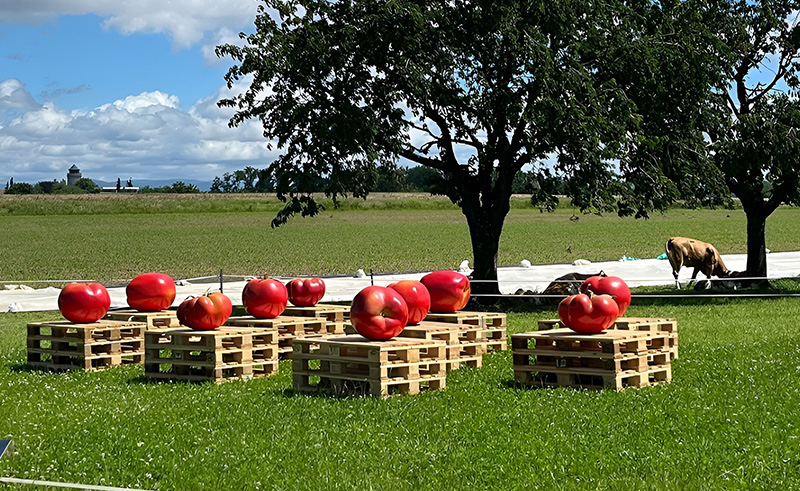
The sentiment that there’s more to things than what meets the eye, especially the little, unnoticeable things, is one we’ve always been familiar with. And yet, it’s one that we hardly ever stop to investigate. To Yasmine El Meleegy, the artist behind the 10-year-long ‘Future Farms’ art project, these objects’ significance is magnified.
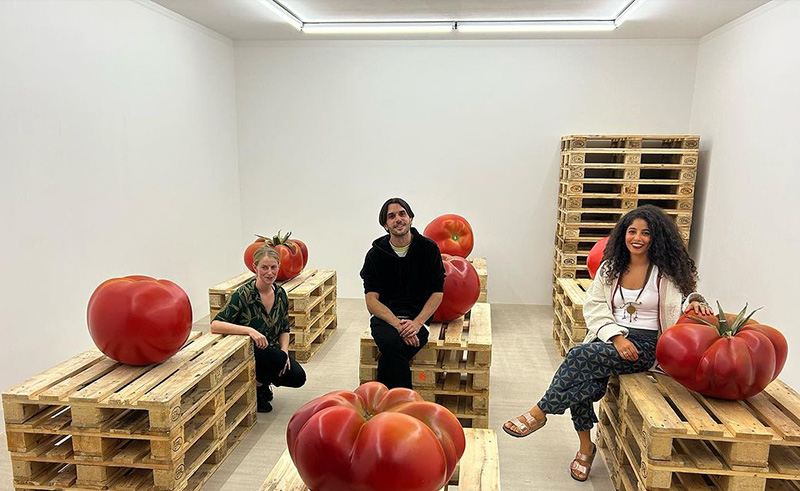
Future Farms, a project investigating the history of tomatoes and its interaction with detrimental agricultural and industrial practices, represents the manipulation of tomatoes’ natural form over the years.
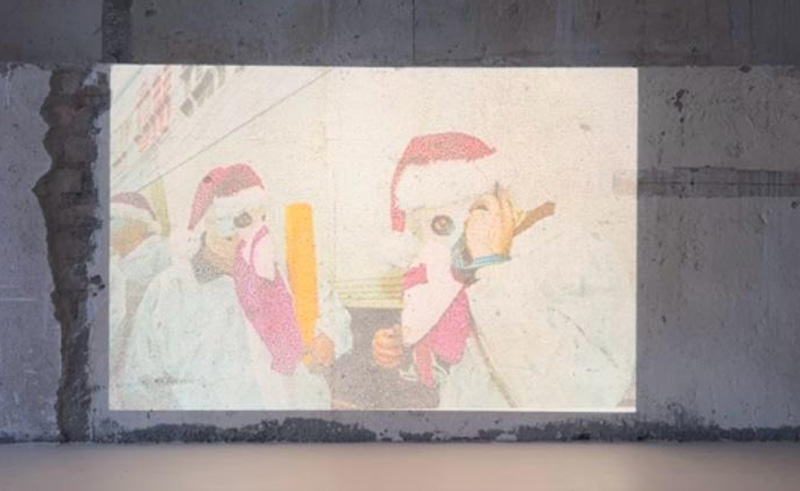
“Familiarity is an important aspect of my work,” El Meleegy tells SceneEats. “My projects always revolve around very intimate, everyday objects that have powerful history and a prominent significance. But they always come from within the home.”
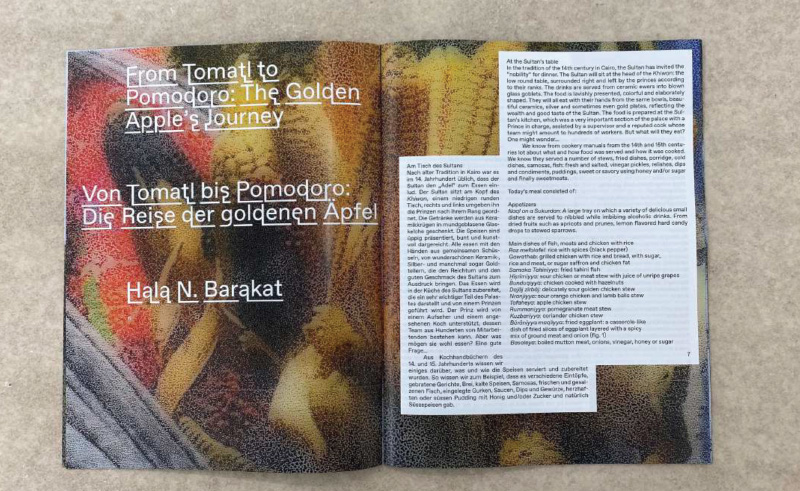
Spanning 10 years, Future Farms grew into an exploration of tomatoes’ history and how, despite the fact that most of our dishes today contain tomatoes, either in sauce-form or otherwise, tomatoes didn’t originally grow in Egypt. “It turns out tomatoes existed in Mexico, and through various trade routes, made it to Egypt,” El Meleegy explains. “It’s true. If you look at the recipes used under 200 years ago, for example, there were no tomatoes.”
According to El Meleegy, these changes are ongoing. Up until a few years ago, Egyptians were mostly unfamiliar with sundried tomatoes, unless you were to buy them imported or dry them yourself. But now, they’re being produced and exported in our Luxor. El Meleegy’s project sheds light on just how global demand and trends in food dictate food production across the world, especially in developing countries, regardless of the needs of the land.
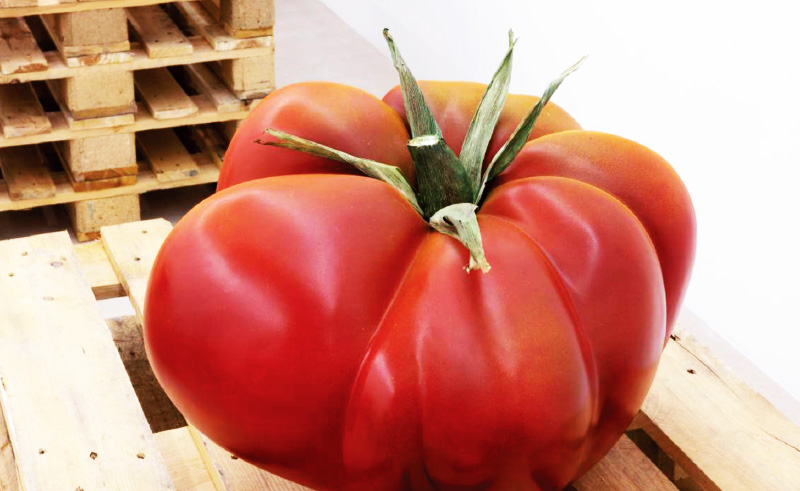
“I recently went to Esna in Luxor, which is where most of our tomatoes come from, and it was red. The tomato production there is insane,” El Meleegy says. “Previously, this land would be planted with lentils. Today, we import our lentils from other countries.”
Unfortunately, the trends that dictate the direction in which our agriculture functions are not dictated by entrepreneurial farmers. In fact, farmers have little to no control over their land. Giant pharmaceutical companies, like Monsanto, now Bayer, manufacture the genetically modified seeds that farmers sow, harvest and sell back to them for a fraction of the profit. Just because these seeds are given to the farmer to plant does not mean they belong to him, though, as the copyrights to them are owned by Bayer. The farmer does not even have the freedom to replant the seed. If they do, they are put at risk of going to prison.
These pharmaceutical companies own the agricultural cycle; they own our food.
This sad fact fascinated El Meleegy. The number - at the time, 674, a definite number - seemed weirdly tangible to her. Future Farms came to life as a visual representation of the absurdity of this number.
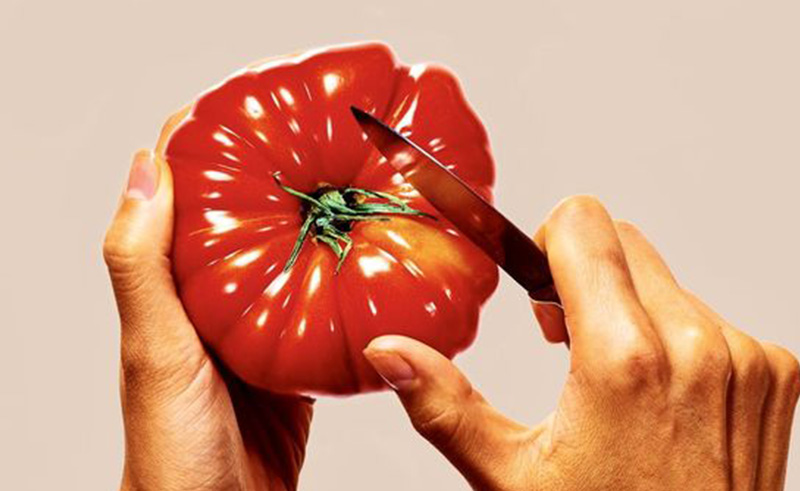
“Every few years, I’d add a new tomato to the exhibition,” El Meleegy says. “A new shape, a new size, one for when people want plump, one for when plump is out of fashion. The exhibition grew to encompass the history of how Bayer wants a tomato to look.”
By presenting the difficult topic at hand in the form of an object as familiar and welcoming as the simple tomato, El Meleegy allows for this information, albeit heavy, to be more easily assimilated. “It’s important to me to break the boundaries between art and people. Using simple objects that are always around us, like tomatoes, is integral to that.”
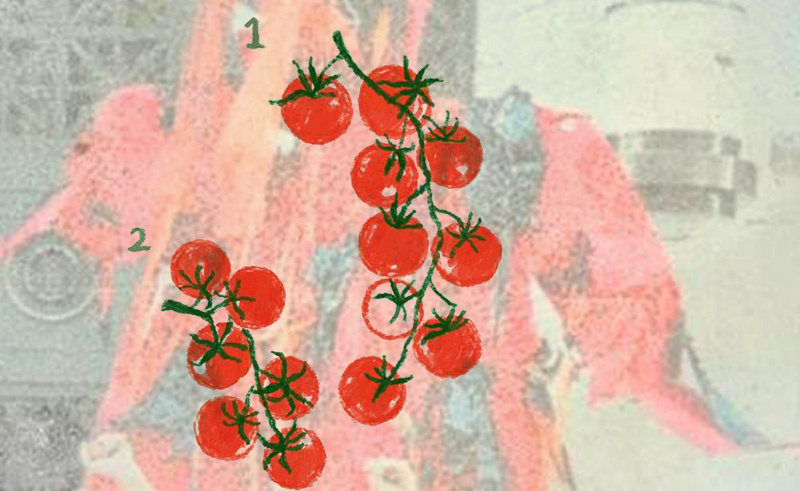
Ever since she graduated from the faculty of Fine Arts in Zamalek, and then went on an expedition into sculpting in France, El Meleegy has wanted her work to be disruptive. This is why, throughout our conversation, she emphasised the importance of and her belief in artistic intervention; art that is created with the intention of interacting with an existing structure or situation.
“Normally, my work starts from an industry and narrows it down to an object. With Future Farms, I looked at the industrialisation of food, and narrowed it down to the tomato,” El Meleegy explains. “Recently, I also worked on a project focused on inner restoration and health, creating a pharmaceutical museum in Downtown Cairo’s Stephenson pharmacy.”
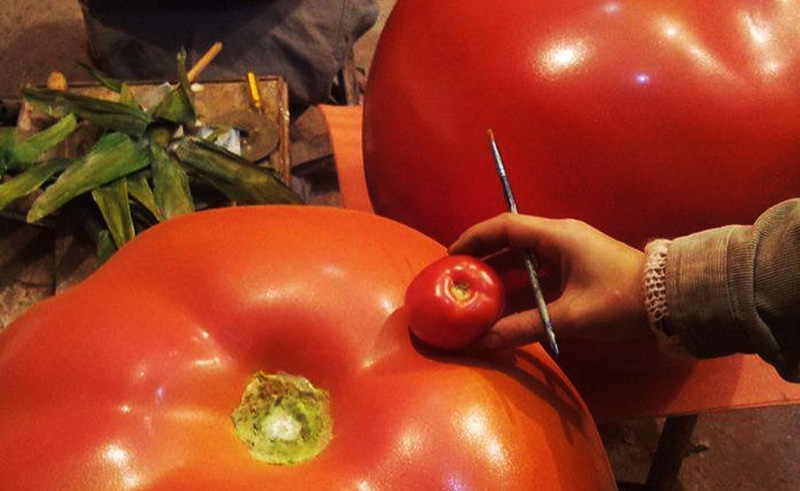
El Meleegy’s work also carries themes of history, and its interaction with nationalism, which is visible in the project she is currently working on, ‘A Cup of Tea with Fathy Mahmoud’.
In her ventures through artistic intervention, El Meleegy created a short film documenting the worldwide protests against Bayer, at the time, Monsanto. The film, only seven minutes long, shows scenes from protests all over the world, where various participants dressed up as insects and animals killed by Bayer’s pesticides, cultural costumes and more. In Egypt, in front of the Ministry of Agriculture, there was a dragon, inspiring the film’s name: ‘The Six Hundred Seventy-Four Forms and a Dragon’.
Dubbed the same name, El Meleegy’s solo exhibitions, where she exhibited Future Farms accompanied by her film, carried a theatrical edge. To onlookers, various genetic modifications of the simple tomato sat on unnatural-looking industrial platforms, looking over a film protesting their existence.

In the theme of artistic intervention, El Meleegy’s exhibition currently resides in a much more suitable home at the moment. As part of art collective Basel Social Club’s yearly display, Future Farms is overtaking a farm in Switzerland, along with a number of other exhibitions, further contextualising and amplifying El Meleegy’s striking argument.
Trending This Week
-
Jun 25, 2024



